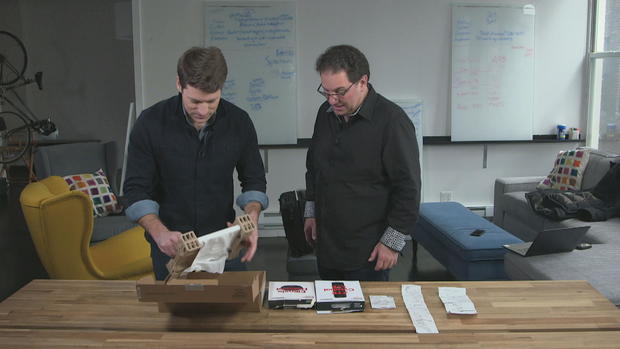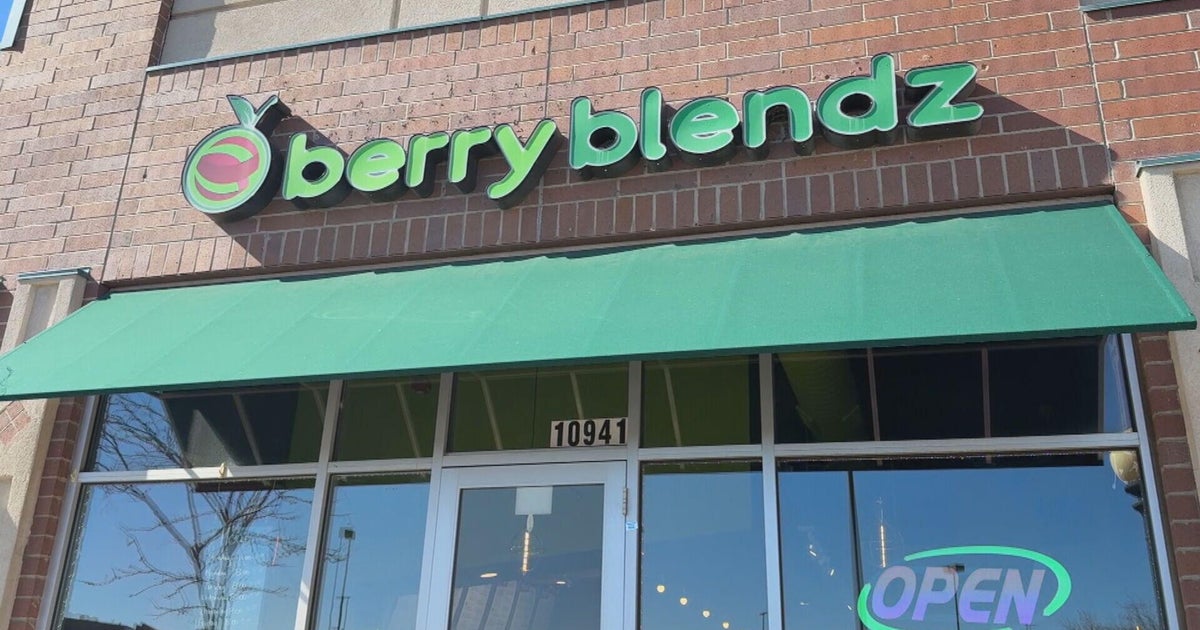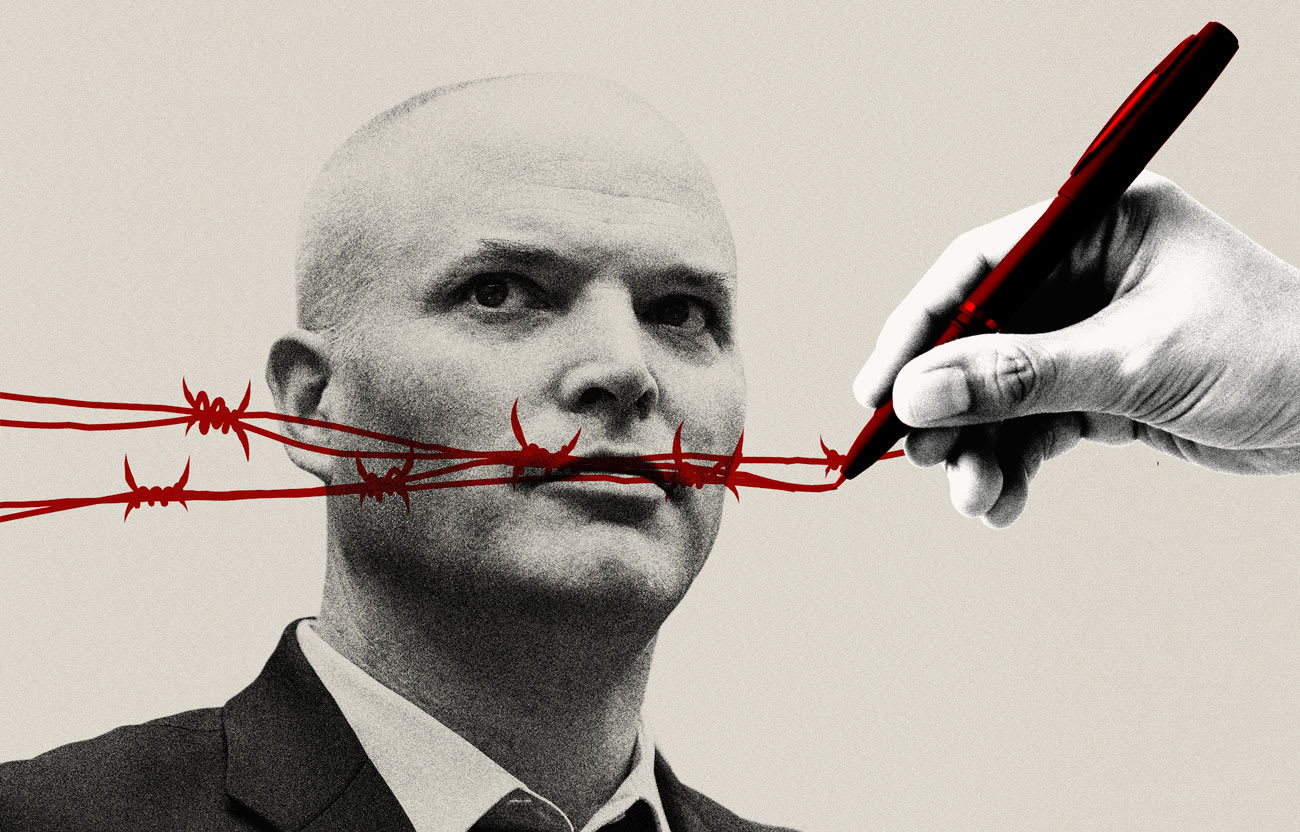How to shop online without being tracked by big tech companies
Is it possible to shop online without allowing any major tech company to track the purchase back to you? There are a few ways, but with hidden trackers on most websites -- and with companies making billions off our information -- trying to hide is easier said than done. CBS News correspondent Tony Dokoupil put it to the test with Kevin Mitnick.
"Now, you're best known as a hacker," Dokoupil said.
"Well, a security expert," Mitnick said with a laugh.
Mitnick spent five years behind bars after stealing information from major companies like Motorola and Nokia. During a nationwide manhunt in the mid-1990s, he eluded capture for more than two years. He now focuses on protecting corporate security, sharing tips for avoiding surveillance in his book, "The Art of Invisibility: The World's Most Famous Hacker Teaches You How to Be Safe in the Age of Big Brother and Big Data."
"People want to protect their privacy. … And people will go to the trouble of anonymizing themselves to protect their privacy," Mitnick said.
He said using a "privacy" or "incognito" mode on your computer browser is not enough.
"When you normally go on your computer at your home or office, you're assigned an IP address by your internet service provider. And it's quite easy to, you know, track that type of information," Mitnick said.
So what steps did we take to avoid being tracked? It started at the convenience store.
"In effort to build our anonymous profile, we are going to walk in and buy a pre-paid gift card," Mitnick explained. It's an anonymous credit card we could use to shop online.
Step two: We bought a new computer, one not already associated with our regular internet browsing.
Step three: We needed a way to connect to the web.
"We are going to go across the street and buy what now, a hot spot?" Dokoupil asked.
"A hot spot and a mobile phone so that way we could register for email accounts like Gmail which might be necessary to use this Chrome Book," Mitnick said.
"So we're buying a burner phone in order to register for things online?"
"Right and also have a call-back number because when you do online shopping, they always want to have a phone number," Mitnick said.
Step four: We connected our clean computer with a new online identity.
If we signed in with our regular email address, it would be recognized by the companies that track our data. So we created a new account. Since companies can also identify us through our regular internet connection, we logged on using the mobile hotspot. We needed the phone to verify our information.
After we invested about $400 on equipment and 10 minutes setting up, companies had no way to associate our real identities with what we were doing online.
"It's almost like a super power, a cloak of invisibility," Dokoupil said.
"Right. Exactly. And that is a super power," Mitnick said. "But it doesn't come free."
"Or easy."
"Or easy. Basically, you -- when you want more security, it's more inconvenient," Mitnick said.
Speaking of inconvenient, our address could have connected us to the purchase, so we picked it up at the store. We did leave a digital trail, but it's connected only to the new online persona we created. One small mistake, like logging into our real email or using our regular internet connection, would have allowed companies to discover who actually went shopping for this thing.




